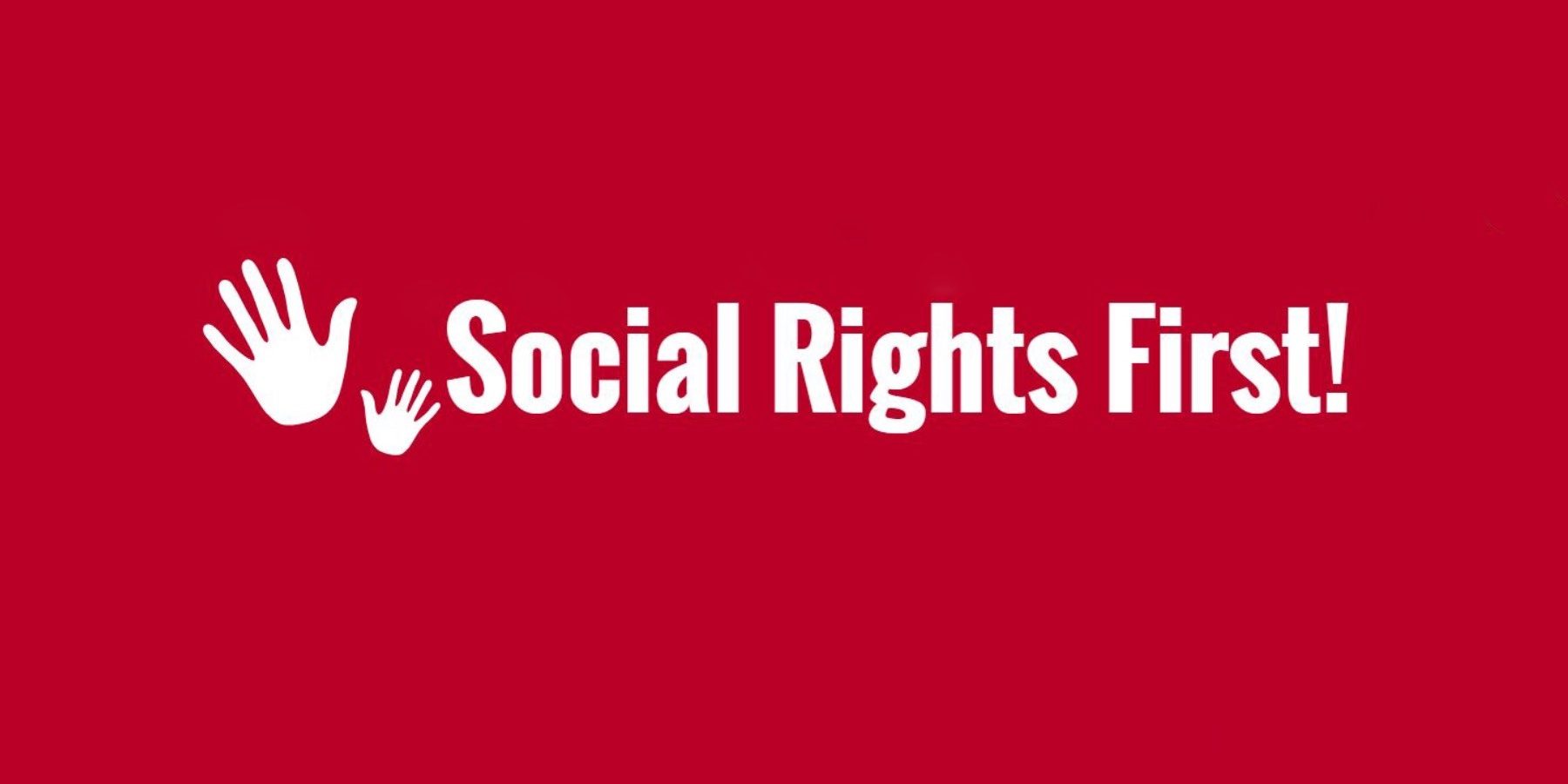
Social rights first
On new years eve the consultation of the European Commission on the European pillar of Social rights ends. Eurocadres has signed up on the campaign headed by ETUC to put Social Rights First! Sign your support for a social Europe on www.socialrightsfirst.eu.
The consultation of the Commission follows a process of the European Commission that took off following the State of the Union speech of President Juncker in 2015. In March 2016 the public consultation which runs until the end of the year was launched. It contains a series of questions on the social situation and EU social "acquis", the future of work and welfare systems and the European Pillar of Social Rights.
–Some of the most important points of Eurocadres are included in the joint response. This includes lifelong learning, professional transition support and skills development also for highly skilled workers, whistleblower protection and the right to disconnect.
The campaign allows all to in a very easy way support the joint trade union response by filling out a short form with name and country etc. and by clicking sending in the same response to the Commission in the name of the signatory.
Martin Jefflén, President of Eurocadres, has been part of the trade union preparation process on the issue:
–Some of the most important points of Eurocadres are included in the joint response. This includes lifelong learning, professional transition support and skills development also for highly skilled workers, whistleblower protection and the right to disconnect.
Some of Eurocadres priorities in the response
- The right to freedom of expression: including protection from victimisation and dismissal for ‘whistleblowers’, outlawing ‘blacklisting’ and offering redress and compensation to victims.
- Right to quality lifelong learning and vocational (re)training
- The EPSR should provide for a ‘European right to paid educational leave’: for training and education throughout life and to ensure workers can adapt, start a new stage in their careers, and gain qualifications not related to their current job.
- The right to free and public guidance and placement services for all workers and unemployed people. Specific measures must be aimed at lowskilled workers and workers in vulnerable sectors, whilst also recognising that workers with higher skill sets also need access to a wide range of reeducation and skills development schemes;
- We must also recognise that increasing opportunities for skills development further up the labour market can create knockon opportunities further down. Education and training is not a zerosum game. Employers have a major responsibility to invest in their workforce, and provide progression routes and career development opportunities.
- The right to reasonable working time: promoting worklife balance and including sufficient notice of working schedules, restrictions on oncall work and afterhours calls and emails.

